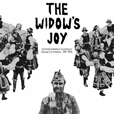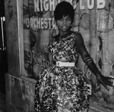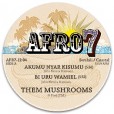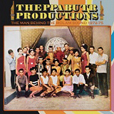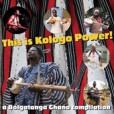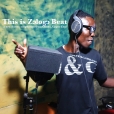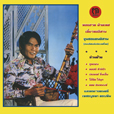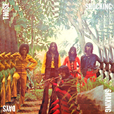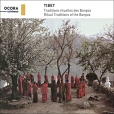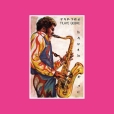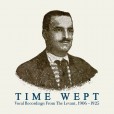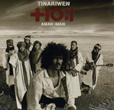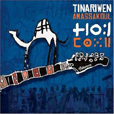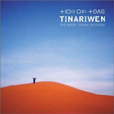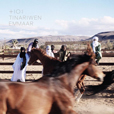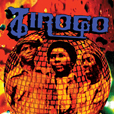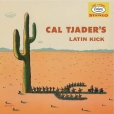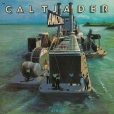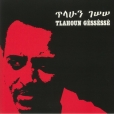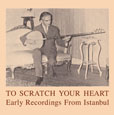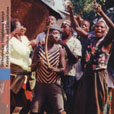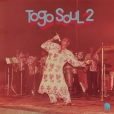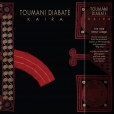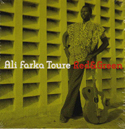Your basket is empty

The forgotten music of the Austro-Hungarian diaspora in the mid-west of the United States. An Ian Nagoski compilation to inaugurate the label, with a cover by Eric from Mississippi Records.
Fired-up, originary African pop, conjuring the Congolese rumba from imported Latin 78s — with thumb pianos, kazoos, banjos, bottles, violins, and irresistible little songs about pimps, dope, clubbing, sex, death.
Scintillating, hard-grooving, vintage afro-funk from coastal Kenya, drawn from rare sevens and a privately pressed LP.
It opens and closes with killer forays into left-field disco, featuring limber percussion and delirious synths, and breakdowns set to liquify dancefloors. Uru Wamiel catches the double-dutch bus to Mombasa, whilst Ndogo Ndogo is irresistibly reminiscent of early eighties New York crossover funk like Monyaka, with clattering drums, rough rhythm guitar, party-down bass, burning horns and all-together-now singing.
Lovely music, beautifully presented in die-cut, silk-screened sleeves.
Profiling producer Theppabutr Satirodchompu — the first in a series of albums celebrating the key-players of modern molam music, from Northeast Thailand. Limited vinyl from Light In The Attic.
‘Following up This Is Frafra Power, from the same Top Link studio, this is the music you hear on the cell phones, car speakers and sound systems around Bongo and Bolgatanga, the major cities of Ghana’s Upper East region. A mix of local rhythms and melodies played on traditional instruments, combined with producer Francis Ayamga’s Fruity Loops madness and Cubase electro, topped with the rhymes of local youngsters.
‘Zologo means crazy in Fare Fare (also known as Frafra), the main language here. This is fierce, energetic, joyfully obstinate music; wonderfully bonkers.’
Virtuosic, sor-led molam music from Isan, the province bordering with Laos and Cambodia — sprightly melodies through haunting dirges, over woozy basslines, drones, clattering percussion.
Stunningly beautiful, poignant music from Bilād al-Shām — ‘the countries of Damascus’, known nowadays as Syria, Lebanon and Palestine — including performances from the very first recording sessions in the region.
The legendary, moody Beirut singer Būlus Ṣulbān is here — some historians have him singing before Egypt’s Pasha Ibrāhīm Bāshā during his military campaign in Syria, in 1841 — and Ḥasība Moshēh, Jewish ‘nightingale of the Damascene gardens’. Thurayyā Qaddūra from Jerusalem; Yūsuf Tāj, a folk singer from Mount-Lebanon; Farjallāh Baiḍā, cousin to the founders of Baidaphon Records… Musical directors like the lutist Qāsim Abū Jamīl al-Durzī and the violinist Anṭūn al-Shawwā (followed by his son Sāmī); such virtuosi as the qanun-players Nakhleh Ilyās al-Maṭarjī and Ya‘qūb Ghazāla, and lutist Salīm ‘Awaḍ.
Even at the time, notwithstanding such brilliance, public music-making was frowned upon as morally demeaning, especially for women. Musical venues were generally dodgy. Ṣulbān once cut short a wedding performance for the Beiruti posh, after just one song, he was so disgusted with his audience.
‘If I had to tell you about the catcalls,’ one commentator wrote about the musical theatre of the time, ‘the stomping of feet, the sound of sticks hitting the ground, the noise of the water-pipes, the teeth cracking watermelon seeds and pistachio nuts, the screams of the waiters, and the clinking of arak glasses on the tables, I would need to go on and on and on…’
At the close of the 1970s, just a couple of years after the classic psych-funk of Float, Wilf Ekanem and crew trained their frazzled peepers on Disco. Two classics here to blow your soul on fire.
Scintillating fusion from 1976, produced by Airto Moreira, with arrangements by George Duke, featuring dazzling turns by the likes of Hermeto Pascoal, Raul de Souza, Egberto Gismonti, and Robertinho Silva. Wonderful stuff.
Tipped by the New York Times: ‘I have heard no more beautiful record this year… a righteous calm takes over the album like a spirit force.’
Highly rhythmic ensembles of percussion, flutes, whistles and trumpets from the mountainous north of the country; and brilliant pichanchalassi playing, five flat stones struck with two oval stones.
Two albums from the early 80s which made this king of Malian music known to the world. Here nicely packaged with notes, lyrics, photos. Highly recommended.
